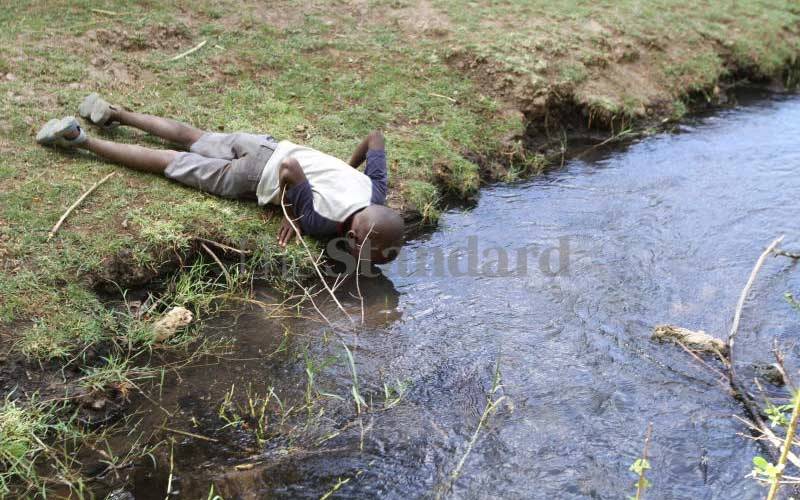×
The Standard e-Paper
Fearless, Trusted News

Kenyans are struggling to access clean drinking water and sanitation, according to an annual performance report on water and sanitation released by civil society organisations (CSOs) last week.
The report shows that only 59 per cent of Kenyans have access to basic drinking water and 30 per cent have access to basic sanitation.